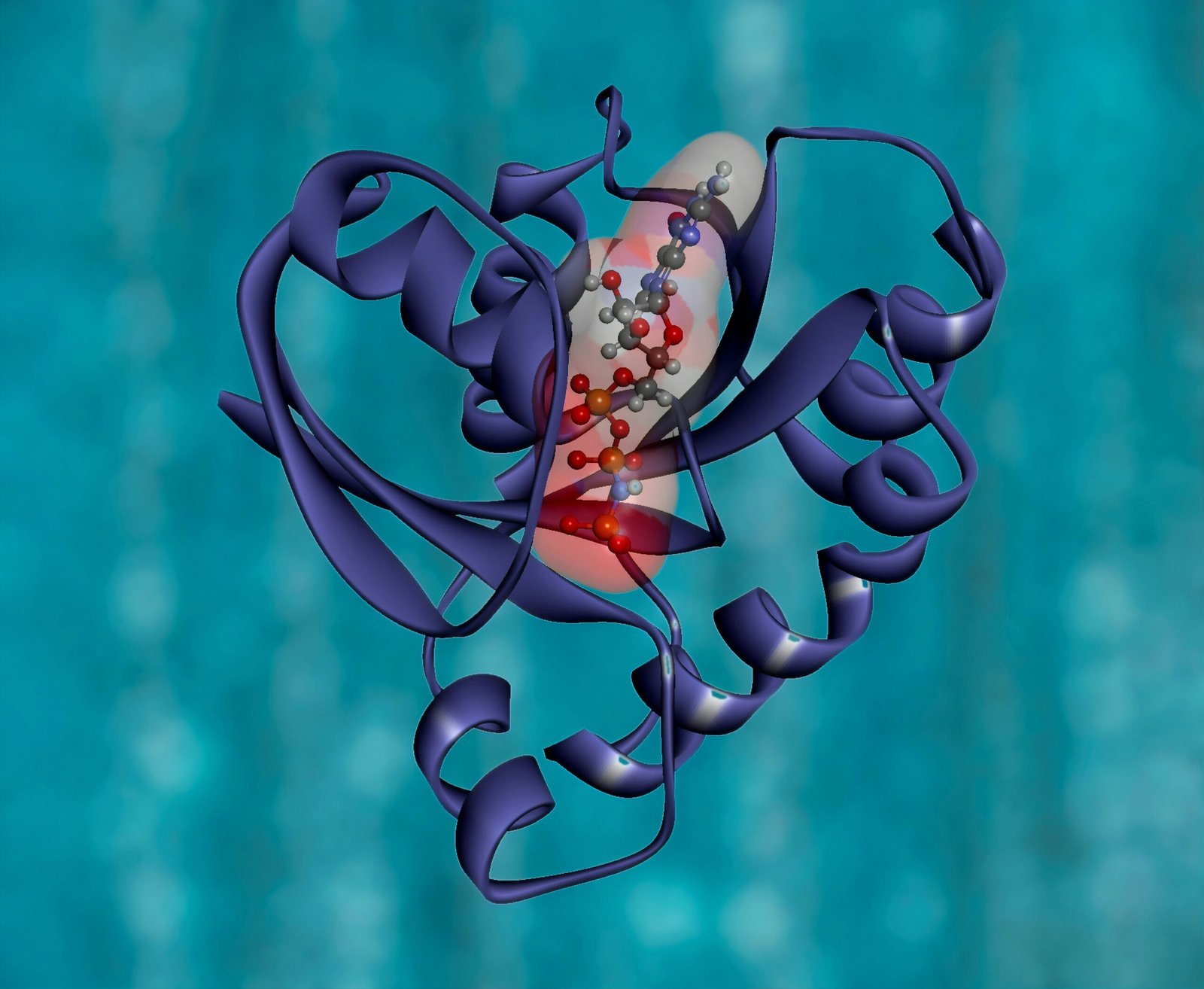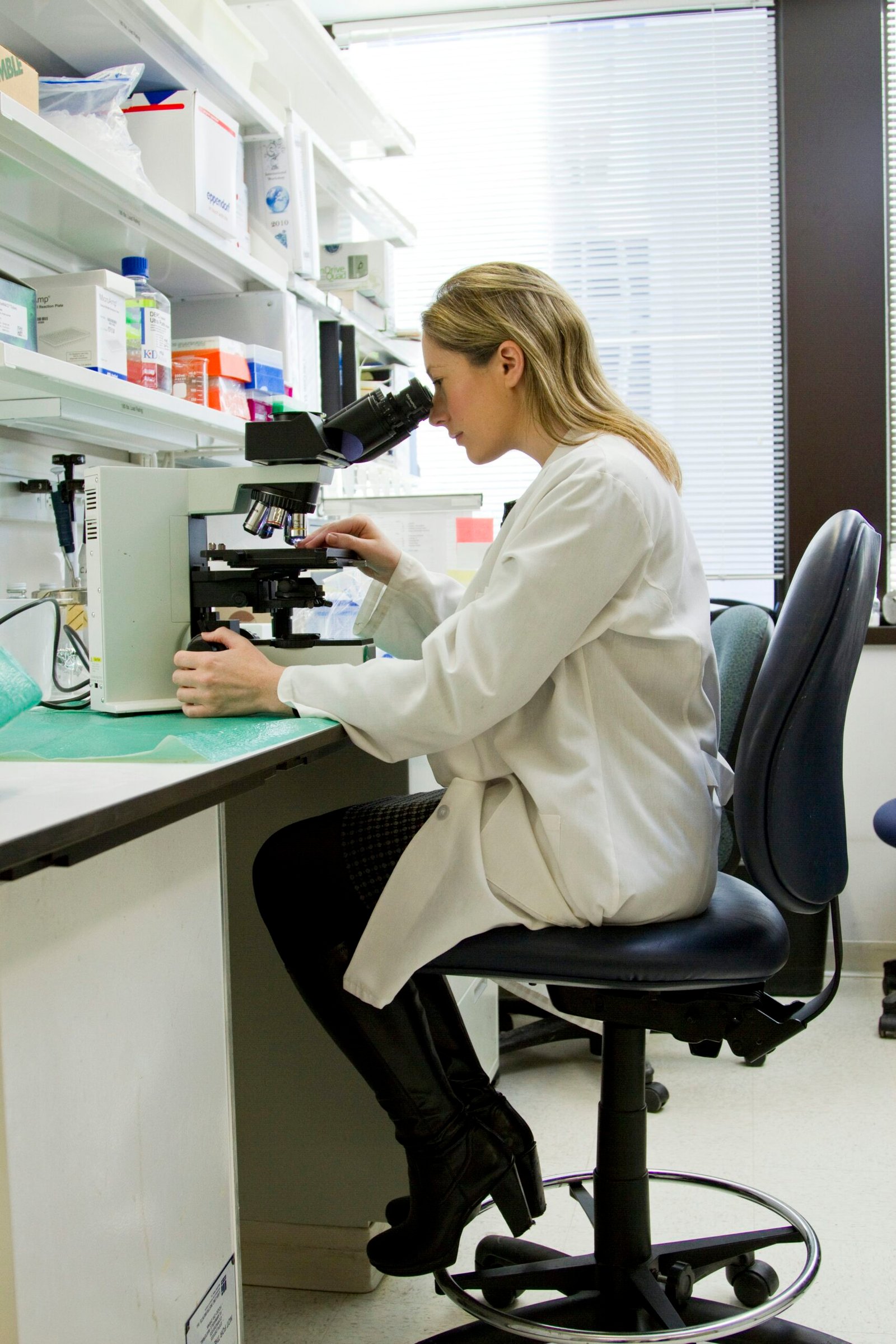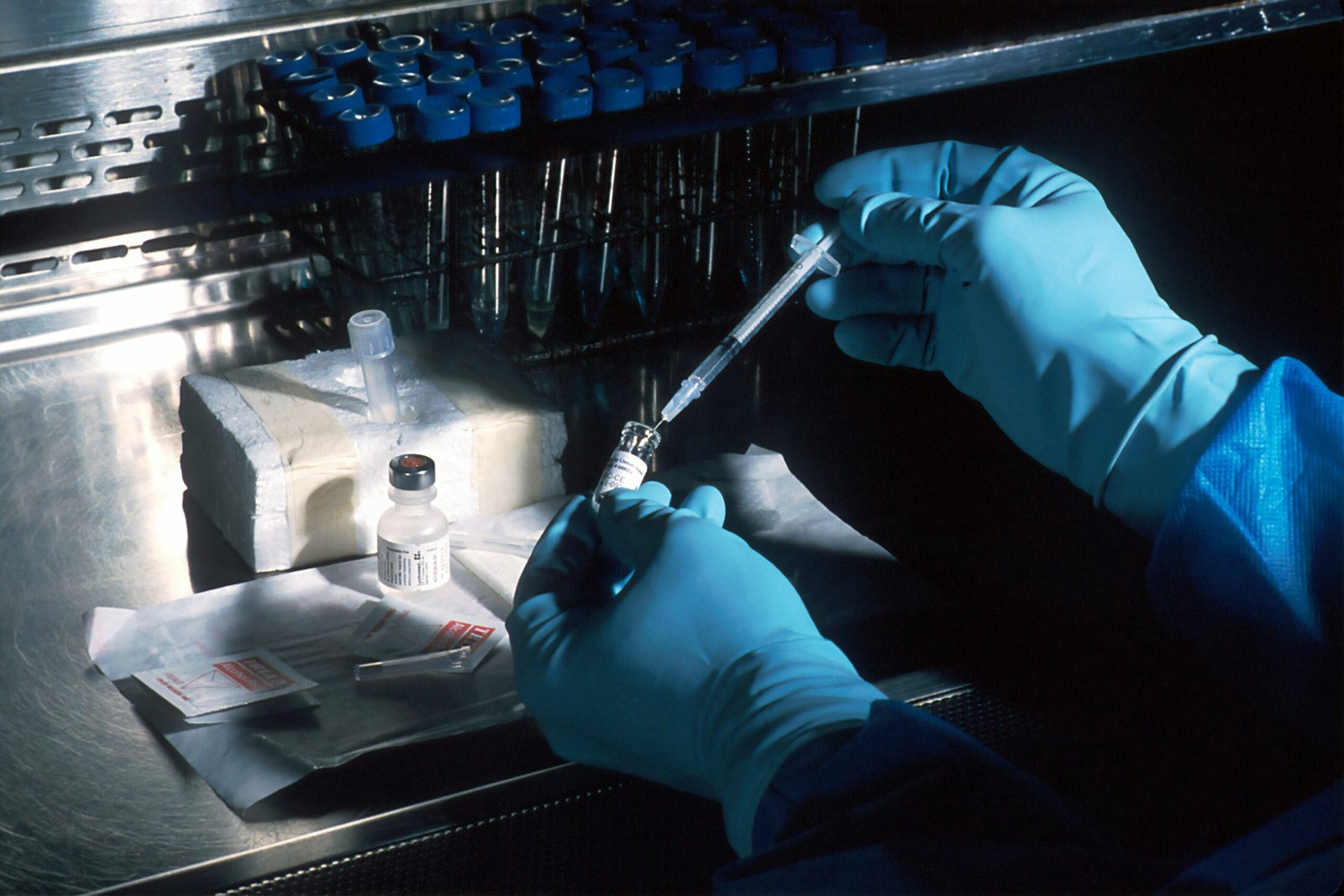In the realm of medical research, the question of whether specific genes are linked to gout has been a subject of great curiosity. Many individuals afflicted with this painful joint condition wonder if their genes play a role in its development. This article seeks to explore the existing studies that shed light on this topic, providing a glimpse into the fascinating world of genetics and its potential influence on gout. So, let us embark on a journey of discovery together, as we uncover the tantalizing findings that may hold the key to understanding the genetic connections behind this common ailment.

Understanding Gout
Gout is a complex and painful form of arthritis that is caused by the buildup of uric acid crystals in the joints. It primarily affects the joints in the big toe, but can also occur in other joints such as the ankles, knees, wrists, and fingers. The symptoms of gout can be debilitating, causing intense pain, swelling, and redness in the affected joints. If left untreated, gout can lead to serious complications such as joint damage, kidney stones, and kidney disease.
Defining Gout
Gout is classified as a type of arthritis, specifically a form of inflammatory arthritis. It occurs when there is an imbalance in the production and elimination of uric acid in the body. Uric acid is a waste product that is normally dissolved in the blood and excreted through the kidneys. However, in individuals with gout, the body either produces too much uric acid or fails to eliminate it efficiently, leading to the formation of uric acid crystals in the joints.
Prevalence of Gout
Gout is a relatively common condition, affecting approximately 4% of the adult population worldwide. However, the prevalence of gout varies among different populations and is influenced by various factors including age, gender, ethnicity, and lifestyle. Men are more likely to develop gout than women, with the risk increasing significantly after the age of 30. Certain ethnic groups, such as Pacific Islanders and Native Americans, also have a higher incidence of gout compared to others.
Symptoms and Complications of Gout
The most characteristic symptom of gout is a sudden and severe attack of joint pain, typically occurring in the middle of the night. The affected joint becomes red, swollen, and extremely tender to touch. The pain is often described as throbbing or excruciating. Gout attacks can last for days or even weeks, with periods of remission in between.
If gout is left untreated or poorly managed, it can lead to various complications. One of the most common complications is the development of tophi, which are lumps of uric acid crystals that form beneath the skin. Tophi can cause further joint damage and deformity. In addition, the long-term presence of uric acid crystals in the joints can lead to chronic inflammation and joint damage, resulting in a condition called chronic gouty arthritis. Gout can also lead to the formation of kidney stones and, in some cases, even kidney disease.
Genetic Factor in Developing Gout
While lifestyle factors such as diet and alcohol consumption play a significant role in the development of gout, there is also a strong genetic component to the disease. Numerous studies have demonstrated the hereditary nature of gout, with estimates suggesting that up to 60% of the risk for developing gout is determined by genetic factors.
Role of Genetics in Gout
Genetics plays a crucial role in gout by influencing various aspects of uric acid metabolism. Several genes have been identified to have a direct impact on uric acid regulation, and mutations in these genes can contribute to the development of gout. Understanding the genetic basis of gout can help in identifying individuals who are at a higher risk of developing the disease and guide personalized treatment approaches.
Hereditary Nature of Gout
The hereditary nature of gout has long been recognized, with studies consistently showing an increased risk of gout among individuals with a family history of the condition. Having a family member with gout significantly increases the likelihood of developing the disease compared to those without a family history. This suggests that genetic factors are important in gout susceptibility.
Twin and Family Studies Linking Gout to Genetics
Twin and family studies have provided compelling evidence for the role of genetics in gout. These studies involve comparing the incidence of gout in individuals with a close genetic relationship (such as twins or siblings) to that of individuals who are not genetically related. The results consistently show a higher concordance rate for gout among genetically related individuals, indicating a strong genetic influence on the development of the disease.
Overview of Genetic Research in Gout
Genetic research in gout has made significant progress in recent years, thanks to advancements in technology and large-scale collaborative efforts. Genome-wide association studies (GWAS), candidate gene studies, and functional studies have all contributed to our understanding of the genetic basis of gout.
Identified Genes Linked to Gout
Several genes have been identified as being associated with an increased risk of gout. These genes are involved in various aspects of uric acid metabolism, including the production, transportation, and elimination of uric acid from the body. Some of the key genes that have been linked to gout include URAT1, SLC2A9, and ABCG2.
In-Depth Analysis of Specific Genetic Studies
Several genetic studies have provided valuable insights into the relationship between specific genes and gout. For example, studies have shown that mutations in the URAT1 gene can lead to increased levels of uric acid in the blood, making individuals more susceptible to gout. Similarly, alterations in the SLC2A9 gene have been found to affect the reabsorption of uric acid in the kidneys, contributing to the development of gout.
Role of URAT1 Gene in Uric Acid Regulation
The URAT1 gene encodes a transporter protein that is responsible for reabsorbing uric acid from the urine back into the bloodstream. Mutations in this gene can impair the function of the transporter protein, leading to increased levels of uric acid in the blood.

How Mutations in URAT1 Gene Contribute to Gout
Mutations in the URAT1 gene can disrupt the normal regulation of uric acid, resulting in higher levels of uric acid in the blood. When uric acid levels exceed the threshold, crystals can form and accumulate in the joints, triggering gout attacks.
Studies Suggesting URAT1 Gene as a Risk Factor for Gout
Numerous studies have provided evidence for the association between the URAT1 gene and gout. For example, a study conducted among a Japanese population found that individuals with a specific mutation in the URAT1 gene had a significantly higher risk of developing gout compared to those without the mutation.
Role of SLC2A9 Gene in Uric Acid Regulation
The SLC2A9 gene codes for a transporter protein called GLUT9, which plays a key role in the reabsorption and excretion of uric acid in the kidneys. Mutations in this gene can affect the function of GLUT9, leading to alterations in uric acid levels.
How Mutations in SLC2A9 Gene Contribute to Gout
Mutations in the SLC2A9 gene can impair the reabsorption of uric acid in the kidneys, causing higher levels of uric acid in the blood. This can increase the risk of developing gout.
Studies Suggesting SLC2A9 Gene as a Risk Factor for Gout
Several studies have shown a strong association between mutations in the SLC2A9 gene and the risk of gout. For instance, a large-scale GWAS involving thousands of individuals identified specific variations in the SLC2A9 gene that were associated with an increased risk of gout.
Role of ABCG2 Gene in Uric Acid Regulation
The ABCG2 gene encodes a transporter protein that is responsible for eliminating uric acid from the body. Mutations in this gene can disrupt the normal function of the transporter protein, leading to impaired uric acid elimination.

How Alterations in ABCG2 Gene Contribute to Gout
Alterations in the ABCG2 gene can result in reduced uric acid excretion, allowing uric acid levels to build up and increase the risk of gout. These alterations can also lead to the formation of uric acid crystals in the joints.
Research Proving ABCG2 Gene as a Risk Factor for Gout
A number of studies have demonstrated the link between mutations in the ABCG2 gene and gout. For example, a study conducted among a European population found that individuals with a specific variant of the ABCG2 gene had a significantly increased risk of developing gout.
Understanding GWAS
Genome-wide association studies (GWAS) are a powerful tool used to identify genetic variants associated with complex diseases such as gout. GWAS involves analyzing the entire genome of thousands of individuals to identify genetic markers that are more common in individuals with the disease compared to those without.
Overview of GWAS Studies in Relation to Gout
GWAS studies in gout have identified numerous genetic variants that are associated with an increased risk of the disease. These variants are located in genes involved in various pathways related to uric acid metabolism.
Key Findings from GWAS Studies
GWAS studies have provided important insights into the genetic basis of gout. For example, these studies have identified several novel genes and genetic variants that were previously not known to be associated with gout. GWAS studies have also revealed the complex genetic architecture of gout, with multiple genes and genetic variants working together to contribute to the development of the disease.
Role of Genetic Testing in Predicting Gout
Genetic testing has the potential to play a significant role in predicting an individual's risk of developing gout. By analyzing an individual's genetic profile, genetic testing can identify specific gene variants associated with an increased risk of gout.
Current Available Genetic Tests for Gout
Several companies offer genetic testing services that can assess an individual's genetic predisposition to gout. These tests analyze specific gene variants known to be associated with gout and provide personalized risk assessments.
Pros and Cons of Genetic Testing for Gout
Genetic testing for gout has its advantages and disadvantages. On one hand, genetic testing can provide valuable information about an individual's risk of developing gout, allowing for personalized preventive measures and treatment strategies. On the other hand, genetic testing may not be able to accurately predict an individual's actual risk of developing gout, as genetic factors are just one piece of the puzzle.
Significance of Environmental Factors in Gout
While genetics plays a critical role in the development of gout, environmental factors also contribute significantly to the disease. Lifestyle factors such as diet, alcohol consumption, obesity, and certain medications can trigger gout attacks or worsen the symptoms.
Genetics vs. Environmental Factors in Gout Development
The development of gout is a complex interplay between genetic and environmental factors. While genetics predisposes individuals to gout, it is the interaction between these genetic factors and environmental triggers that ultimately determines the occurrence and severity of gout attacks.
Studies Illustrating the Interaction of Gene-Environment in Gout
Numerous studies have demonstrated the interaction between genetic and environmental factors in the development of gout. For example, a study conducted in a Chinese population found that individuals with a specific gene variant were at a higher risk of developing gout if they consumed a high-purine diet.
Current Limitations of Genetics Research on Gout
Despite significant progress in understanding the genetic basis of gout, there are still several limitations to be addressed. For instance, most genetic studies have been conducted in specific populations, limiting the generalizability of the findings. In addition, the precise mechanisms by which specific genes contribute to gout development are not yet fully understood.
Potential Areas of Further Research
There are several areas of gout genetics research that warrant further investigation. One area is the exploration of rare genetic variants that may have a larger effect on gout risk. Additionally, more studies are needed to elucidate the interactions between multiple genes and environmental factors in the development and progression of gout.
The Role of Gout Genetics in Personalized Medicine
The field of gout genetics has the potential to revolutionize personalized medicine. By identifying individuals who are at a higher risk of developing gout, genetic testing can help tailor treatment plans and lifestyle interventions to prevent or manage the disease more effectively. Furthermore, understanding the genetic basis of gout can help in the development of novel targeted therapies.